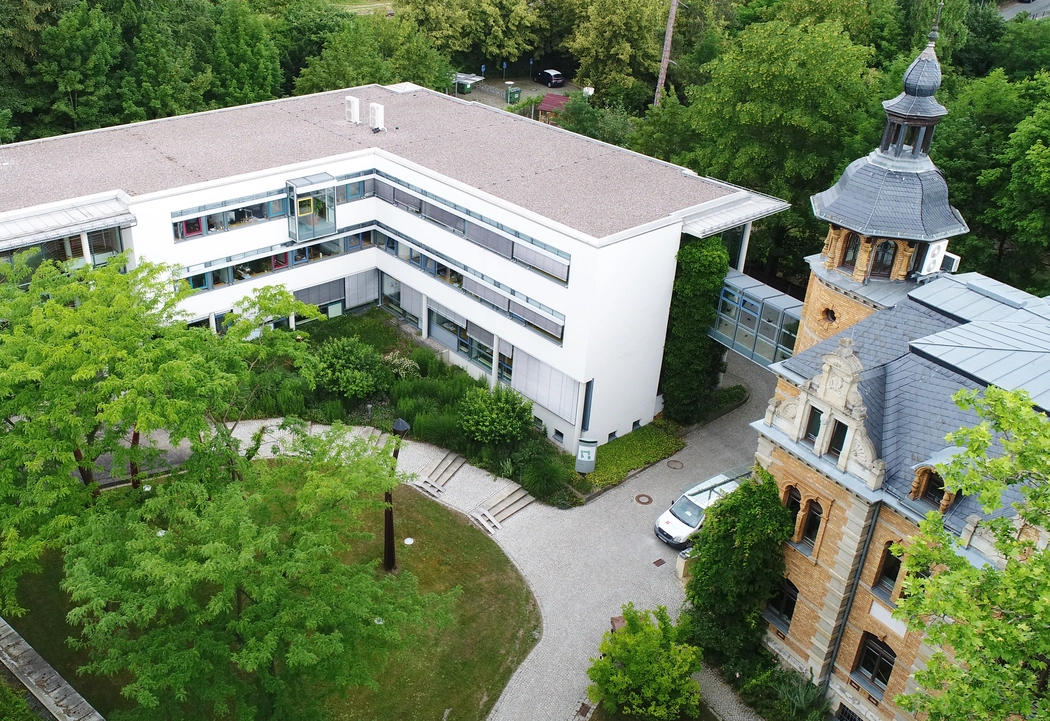Did Religion Play a Causal Role in the Evolution of Large, Complex Societies?
DOI:
https://doi.org/10.21036/LTPUB10216Researcher
Russell Gray is Director of the Max Planck Institute for the Science of Human History in Jena, Germany, as well as Adjunct Professor at the Research School of Social Sciences of the Australian National University in Canberra. His research covers the fields of linguistics, animal cognition, philosophy of biology and the evolution of human and animal behavior. He also pioneered the application of computational evolutionary methods to questions of linguistic prehistory. Russell is a Fellow of the Royal Society of New Zealand and has been awarded their Mason Durie Medal in 2012 “for his pioneering social science research on questions of fundamental relationships between human language, cognition and biology”.

Original Publication
Ritual Human Sacrifice Promoted and Sustained the Evolution of Stratified Societies
Joseph Watts,
Oliver Sheehan,
Quentin D. Atkinson,
Joseph Bulbulia,
Russell D. Gray
Published in
Citation
Russell Gray,
Latest Thinking,
Did Religion Play a Causal Role in the Evolution of Large, Complex Societies?,
https://doi.org/10.21036/LTPUB10216,
Credits:
© Russell Gray
and Latest Thinking
This work is licensed under CC-BY 4.0
